Books To Read When You Are Craving Adventure
Whether you're seeking inspiration for you next adventure or if you prefer to find your adrenaline vicariously, there's nothing like a good book to curb your cravings.
We
have all experienced that lull between vacations and weekend getaways. And
sometimes it's difficult to get out at all.
I
am at a point in my life when travel and even weekly adventures like hiking are
almost impossible.
I
am enjoying this phase, though. I've got my sweet toddler and my tiny newborn
to keep me company.
However,
I still want to experience the beauty of the world. Thankfully, I can do that
while I sit on the couch nursing my baby.
Travel
and outdoor hobbies like snowboarding can be expensive, but books are magical
because they make adventure available to those who can't get out due to poor
health, lack of funds, or a pandemic.
One
of my favorite poems is all about how books can take anyone to anywhere at any time
if they have a desire to read...
There is
no Frigate like a Book by Emily Dickinson
There is no Frigate like a Book
To take
us Lands away
Nor any Coursers like a Page
Of prancing Poetry –
This Traverse may the poorest take
Without oppress of Toll –
How Frugal is the Chariot
That bears the Human Soul –
So,
if you're dying for adventure, pick up a book and go find it. If you're not
sure where to start, take a look at some of my favorite adventure reads:
This
post may contain affiliate links, which means I may receive a commission if you
make a purchase using these links at no extra cost to you. All opinions expressed
in this article are my own.
• Born to Run by Christopher McDougall
I'm not even an aspiring ultra-runner and I think this book is so much fun.
McDougall takes his readers to the hidden Copper Canyon of Mexico where the Tarahumara carry on their ancestors legacy of running for hundreds of miles without rest. Legend says that when conquistadors came to kill and enslave, the Tarahumara people ran and just kept running where they would never be found. Even today, Copper Canyon is so remote and the tribe so well hidden, that you could wander through the canyon for an entire day and not even know that you walked right through a village.
He not only sets out to find these super-athletes, but arranges a race between their best runners and a handful of oddball Americans. Throughout the book, he shares his own journey with running, as well as the science an history behind running. Despite the numerous injuries that people acquire from this popular hobby, McDougall concludes that humans are biologically evolved to run.
If you're not into running, you might feel inspired to try it out after reading this book!
• Into
Thin Air by Jon Krakauer
This
is the true story of Krakauer's experience in the 1996 Mount Everest Disaster.
The book gives a detailed account of three separate expeditions that attempted
to summit Everest but were caught in an intense storm resulting in the deaths
of 8 people.
Krakauer's
writing style is captivating and he really did his research on this book. Not
only was he there that fateful day, but he included a thorough history of
Everest and mountaineering in general. The book offers so many interesting
details that are completely missed in the 2015 film, "Everest."
The book certainly did not inspire me to climb Mount Everest, but it made me want to climb a few of the Seven Summits. Krakauer's vivid descriptions enabled me to truly envision myself climbing a mountain in the snow and feeling the burn in my legs. I could almost feel myself shaking as I imagined what it must feel like to cross a gaping crevasse!
• Moby Dick by Herman Melville
This is one of my favorite books ever! Herman Melville made almost no money from writing it, but it has come to be considered one of the greatest American novels of all time.
The narrator, Ishmael, tells the story of the vengeful Captain Ahab, who scours the sea to find and kill Moby Dick, the white whale that previously bit his leg off.
The book is loaded with the most beautiful symbols and imagery. Constant juxtapositions are brought forth such as the clash between God and Nature, when in fact, they are one and the same. It is Man that clashes with the two, and yet sometimes Man is an extension of Nature itself. Even the color green is an important symbol in this narrative. The description of sperm whales is breathtaking, and the explanations of whaling are dark and disturbing. And Queequeg! Don't even get me started on him; he is simply a fantastic character.
I could write a dozen essays on this book and still only scratch the surface. Everyone seriously needs to read Moby Dick.
• In the Heart of the Sea by Nathaniel Philbrick
If you are planning to read Moby Dick, read this book first! It tells the unbelievable true story of the events that inspired Melville's novel.
Philbrick tells the history of a Nantucket whaling ship, the Essex, that was destroyed while hunting in the Pacific. The stories of the men who survived, the history of whaling, and facts about sperm whales themselves is so cool.
Reading this book further fueled my desire to see whales in person and it helped me gain a greater appreciation of Moby Dick.
• 20,000 Leagues Under The Sea by Jules Verne
An impossibly self-sustaining submarine in the late 19th century, complete with a vast library, unique cuisine, and walls that open to reveal huge windows with a view of the passing reefs and sea creatures? That's my kind of adventure right there.
I believe 20,000 Leagues to be Jules Vernes' masterpiece. The story exaggerates the size of several sea creatures, and some passages are simply long lists of the animals that can be seen from the Captain Nemo's submarine.
However, Nemo's character is very well written. He's a man fed up with the corruption of society, and who wants to explore the world and embrace nature in its purest form. Yet, he cannot escape his own roots.
The internal conflict and the wild descriptions of his journey around the world is both exhilarating (aside from the lists of fish) and thought-provoking.
• Around the World in Eighty Days by Jules Verne
First of all, Passepartout is one of the most amiable characters I have ever read. And it is so fun to read about the various modes of transportation and the expenses that Philead Fogg is willing to spend just win a bet.
It lacks the thought-provoking literary devices that are rife in 20,000 Leagues, but it is a fun read, nonetheless.
• Endurance: Shackleton's Incredible Voyage by Alfred Lansing
This is the true story of the 1915 shipwreck off the coast of Antarctica. It's an inspiring story of courage and survival. The crew endured the long winter months in the hull of their ship which was stuck in the ice. They survived mostly on seal meet and survived an attack from a leopard seal. They also endured endless hours on the frozen ocean in small boats.
The Captain, Edward Shackleton traversed over a mountain range to save his crew. Miraculously, everyone survived. This book is a favorite of my father's and I have come to love this incredible story as well.
• Into the Wild by Jon Krakauer
In the Spring of 1992, Chris McCandless hiked into the woods on the Stampede Trail in Alaska and never returned.
Into the Wild is the beautiful and heartbreaking account of a young American adventurer who constantly sought solitude in nature. McCandless longed to escape civilization in order to find himself. Tragically, he discovered exactly what he wanted to do with his life just before he lost it, alone in the woods.
• Treasure Island by Robert Louis Stevenson
This is a classic and such a cool read!
Long John Silver's character is realistically complex. He's a shady guy who wants his share of a treasure he believes he has a right to and he will do anything to get to it. On the other hand, he admires Jim Hawkins' genuine goodness and wants to look out for him (as long as it doesn't get in the way of finding the gold).
I love young Jim Hawkins' courage when he stands up to Silver and his gang of pirates. Jim risks his life time and again to do the right thing even when the easiest option would be to join Silver and get a cut of the treasure.
• Robinson Crusoe by Daniel Defoe
Published in 1719, Robinson Crusoe is considered the first English novel. The prose is lacking in poetic imagery but it's fun to read about the life a man builds for himself on a deserted island.
While reading it, I liked to imagine what I would do if forced to live off the land in the middle of nowhere.
The book's main themes focus on progress and self-reliance through isolation in the wild which is exactly what most real life adventurers seek.
HONORABLE MENTIONS:
These are books that I liked but didn't love. They weren't life-changing reads for me, but maybe one of these is the exact book adventure you are looking for right now.
• The Alchemist by Paulo Coelho
• Wild by Cheryl Strayed
• The Lost City Of Z: A Tale of Deadly Obsession in the Amazon by David Grann
• To Shake The Sleeping Self: A Journey From Oregon To Patagonia, and a Questfor a Life with No Regret by Jedidiah Jenkins
MORE ADVENTURE BOOKS
ON MY "TO READ" LIST:
• A Moveable Feast (Life Changing Food Adventures Around The World) edited
by Don George
• Vagabonding by Rolf Potts
• Turn Right at Machu Picchu by Mark Adams
• Food Traveler’s Handbook by Jodi Ettenberg
• Dark Summit: The True Story of Everest's Most Controversial Season by Nick Heil
• The Wilderness Idiot: Lessons from an Accidental Adventurer by Ted Alvarez
• In Trouble Again: A Journey Between the Orinoco and the Amazon by Redmond O'Hanlon
• Madhouse at the End of the Earth: The Belgica's Journey into the Dark Antarctic Night by Julian Sancton
• The Worst-Case Scenario Survival Handbook by Joshua Piven, Daniel Borgenicht
• Annapurna: A Woman's Place by Arlene Blum, Maurice Herzog
• The Ice Master
by Jennifer Niven
Have you read anything on this list? Which books have sparked your sense of adventure? Share with us in the comments below!
Hi, I'm Kaitlyn and I'm so glad you're here. Get to know me and more about my blog.
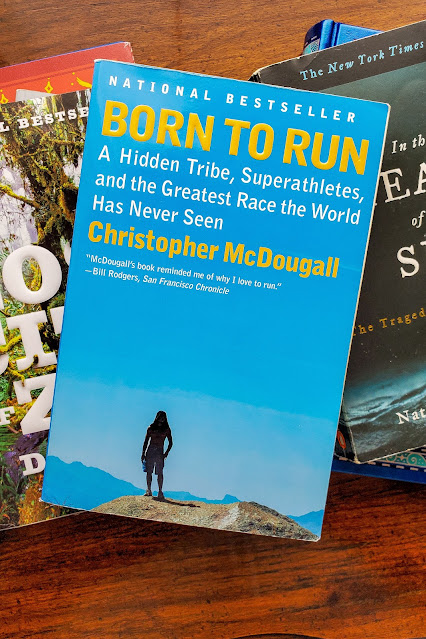










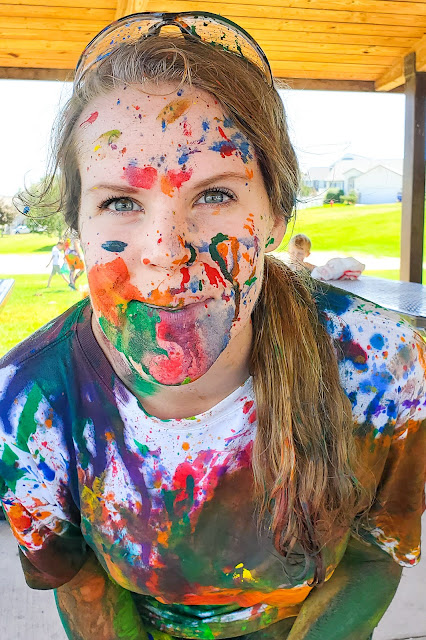
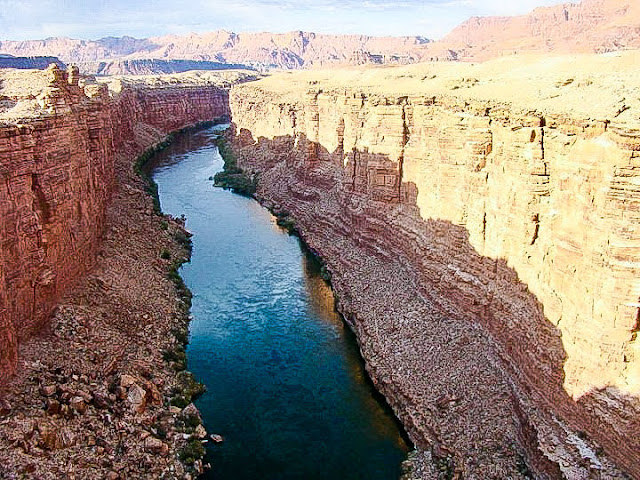

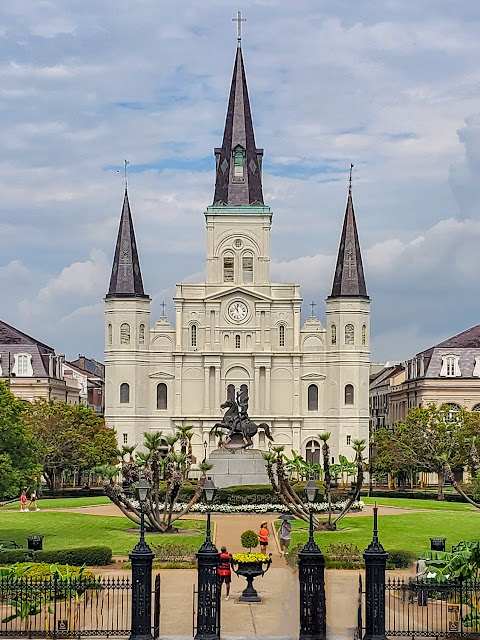


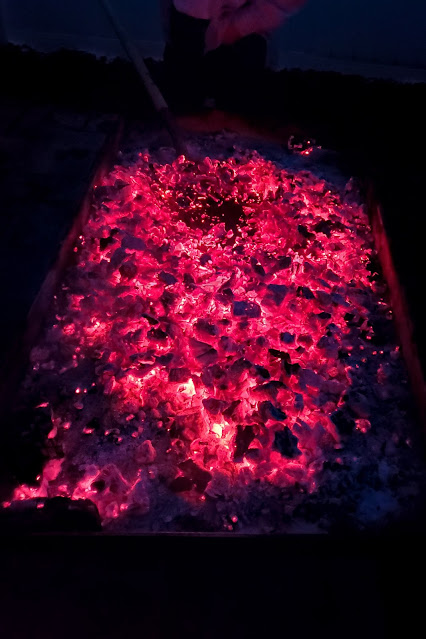
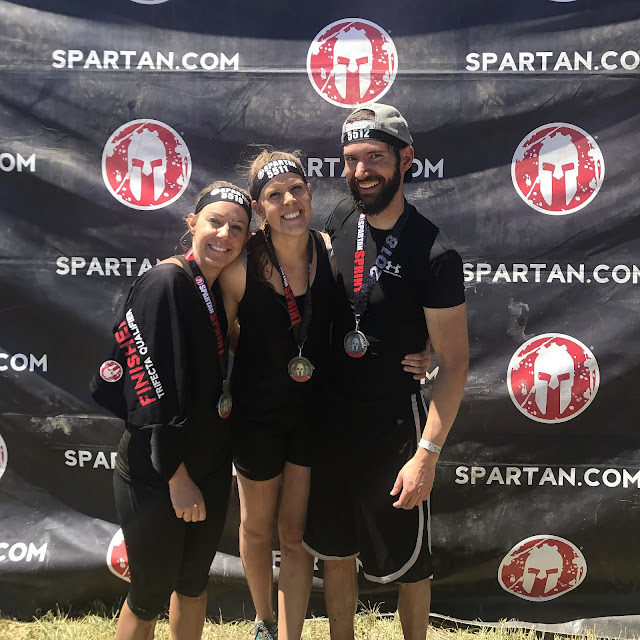
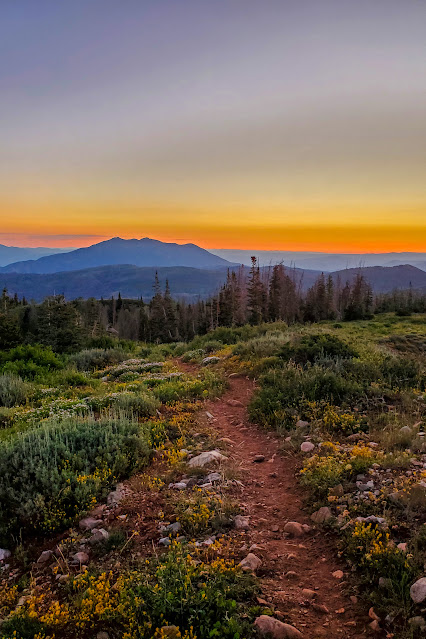
Comments
Post a Comment